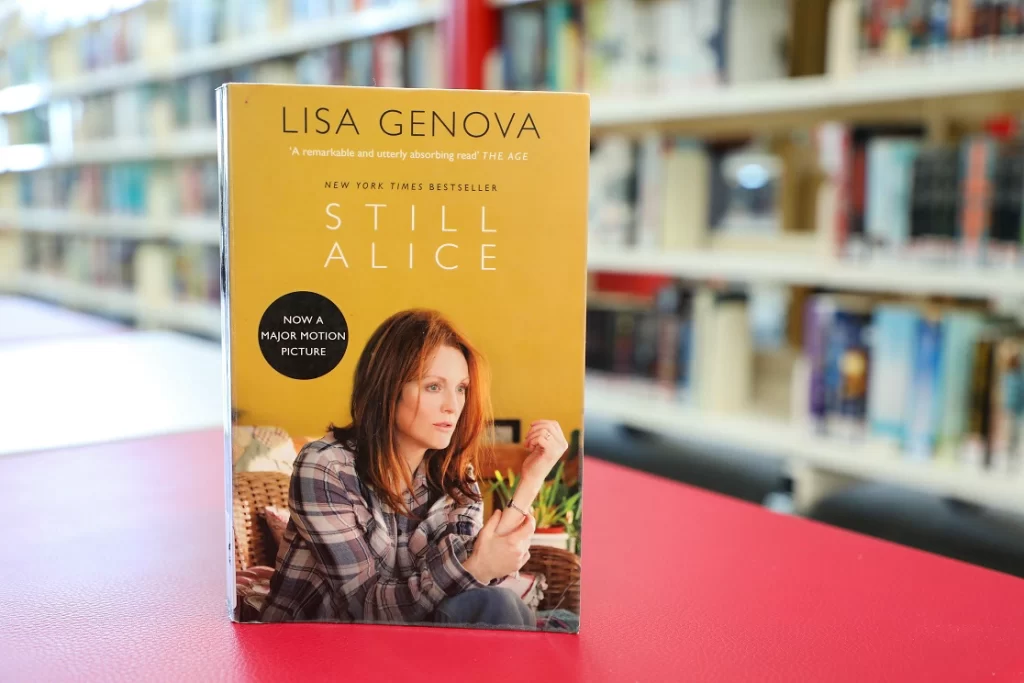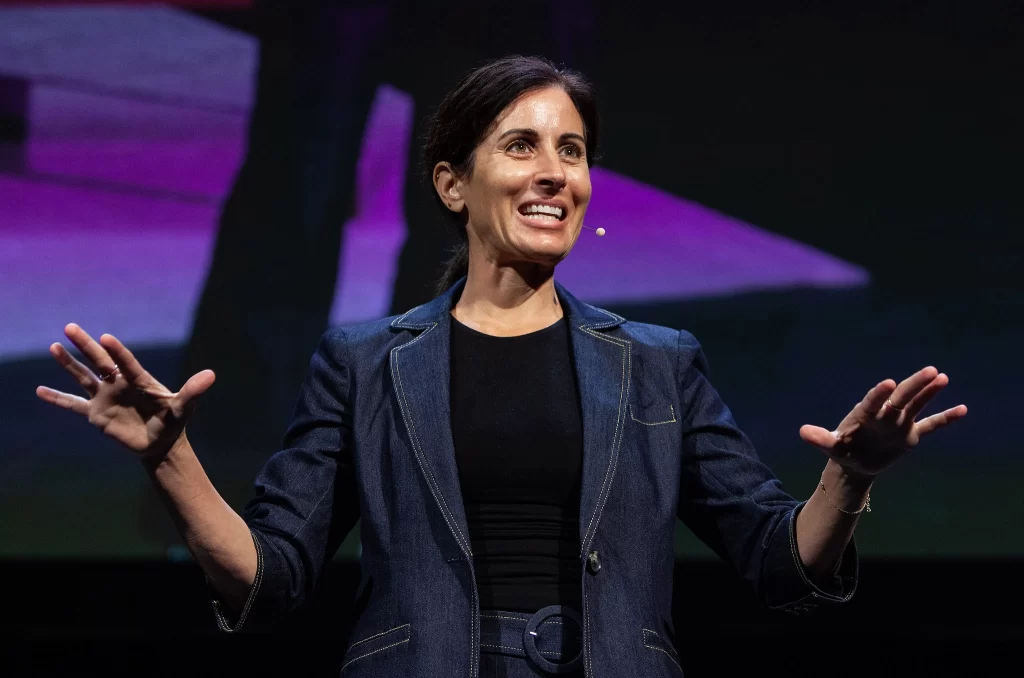The world is filled with pseudoscience and misinformation, particularly when it comes to chronic diseases such as Alzheimer’s, Huntington’s, and others. Amidst this backdrop of confusion and ignorance, Lisa Genova’s writings offer a breath of fresh air, giving a voice to individuals who are grappling with these diseases in a manner that combines data-driven empathy with exquisite writing.

As two neurologists and scientists who have been working tirelessly to raise awareness about the struggles faced by these remarkable individuals fighting chronic diseases, we have immense admiration for Lisa Genova’s work. Her honesty, diligence, and compassion make her a standout writer in the field.
Lisa Genova is both a neuroscientist and novelist, having written several books including Still Alice, Left Neglected, Love Anthony, Inside the O’Briens, Every Note Played, and her latest offering, Remember. Her novels are unique in their ability to weave the science of the brain into the narrative, providing readers with an intimate understanding of the diseases she portrays.

Still Alice is a prime example of this approach. The novel follows the story of Alice Howland, a linguistics professor who is diagnosed with early-onset Alzheimer’s disease. The book captures the emotional and physical toll that the disease takes on Alice and her family, as well as the cognitive decline that she experiences.

Through Alice’s story, Lisa educates readers about the science of Alzheimer’s disease, making complex concepts accessible and relatable. But she does more than that; she humanizes the disease, showing the reader its impact on individuals and families. The novel has received critical acclaim for its accuracy and sensitivity in portraying the disease, and it has done much to raise awareness about Alzheimer’s disease and its impact on individuals and society.

Similarly, Inside the O’Briens chronicles the life of Joe O’Brien, a Boston police officer who is diagnosed with Huntington’s disease. The novel explores the disease’s effect on Joe and his family, as well as the genetic component of the disease and the challenges associated with genetic testing.
Through Joe’s story, Lisa Genova provides readers with a deeper understanding of the science of Huntington’s disease, making complex genetic concepts accessible and relatable. As with “Still Alice,” she also humanizes the disease, revealing the impact it has on individuals and families. The novel has been praised for its accuracy and sensitivity in portraying the disease, and it has played a significant role in raising awareness about Huntington’s disease and its impact on individuals and society.

In a world where misinformation and pseudoscience about chronic diseases abound, Lisa Genova’s novels are an important antidote. Her works are firmly grounded in scientific research and data, yet they are also empathetic and humane, giving voice to those struggling with these diseases. They are powerful tools for educating the public and raising awareness about these illnesses.
Moreover, Lisa Genova’s writing has given a voice to the voiceless, shining a spotlight on the experiences of individuals with these diseases and the obstacles they face. This is particularly important in a society that often marginalizes and stigmatizes people with chronic illnesses.

As two clinicians who have spent the past two decades working to communicate the experiences of those facing chronic diseases through science and compassion, we have a deep appreciation for Lisa Genova’s works. Her writing provides a powerful tool for healthcare providers to communicate with their patients, families, and the broader public about these diseases.
Lisa’s novels have also inspired other writers and artists to explore the intersection of science and the human experience. Her works have created a new literary genre that bridges the gap between science and storytelling, enlightening and inspiring readers while also entertaining them.
We can absolutely say that Lisa Genova’s writings are an extremely important contribution to our society, giving a voice to the individuals battling chronic diseases like Alzheimer’s disease.



